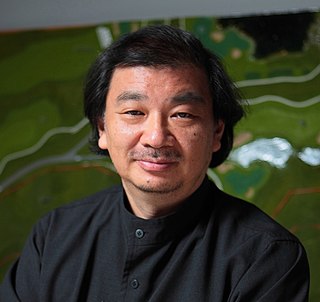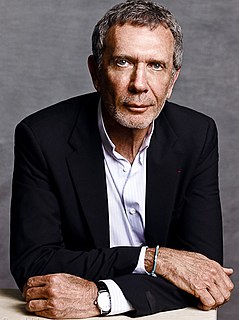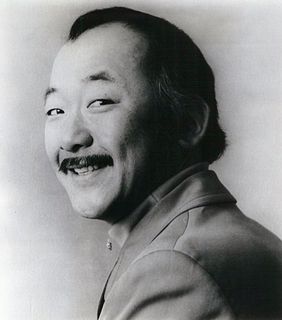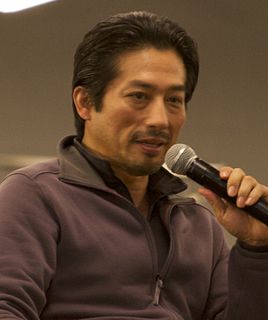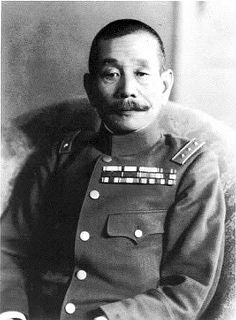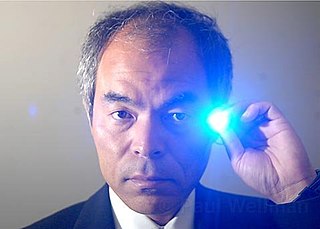A Quote by Ian Graham
I've had quite a lot of bad experiences with Japanese sweets. I reckon, Japanese...they can do most things really well but sweets, they're a bit dodgy.
Quote Topics
Related Quotes
The amazing thing about Sweets [Edison] was that he exactly spoke the way that he played! He was really unique, the one and only. He was one of the greatest Blues players that I ever heard and played with. Nobody can play like Sweets man, nobody! Most of us, musicians, frequently quote Sweets' phrases in our solos. Like Lester Young, Sweets had a big influence on us musicians, especially when we play some Blues.
My mother, she's the one who's gifted with language. She can speak Japanese, of course, Tagalog, which is a Filipino dialect, Spanish as well as English. And I speak a little bit Japanese because I've had the opportunity to work alongside Japanese people. And a little bit of German, a little bit of Portuguese because of work. A little bit of French because of work. But then, if you asked me to carry-on an everyday conversation, I would fail miserably.
As well as Japanese animation, technology has a huge influence on Japanese society, and also Japanese novels. It's because before, people tended to think that ideology or religion were the things that actually changed people, but it's been proven that that's not the case. Technology has been proven to be the thing that's actually changing people. So in that sense, it's become a theme in Japanese culture.
Keanu Reeves learned a lot, respecting the culture. I was surprised when I first met him. He knew a lot already and he learned a lot. And also he learned Japanese. It's incredible. On the set, switching between the Japanese and English, even for us, is very hard. It's complicated. But the first time Keanu spoke in Japanese it was a very important scene between us, and more than the dialogue's meaning, I was moved. His energy for the film, completely perfect Japanese pronunciation. It was moving, surprising, respecting.
The Japanese army is now prepared to use every means within its power to subdue its opponents. The objectives of the Japanese Expeditionary Forces are, as clearly set forth in statements issued by the Japanese Government, not only to protect the vested interests of Japan and the lives and property of the Japanese residents in the affected area, but also to scourge the Chinese Government and army who have een pursuing anti-foreign and anti-Japanese policies in collaboration with Communist influences.



